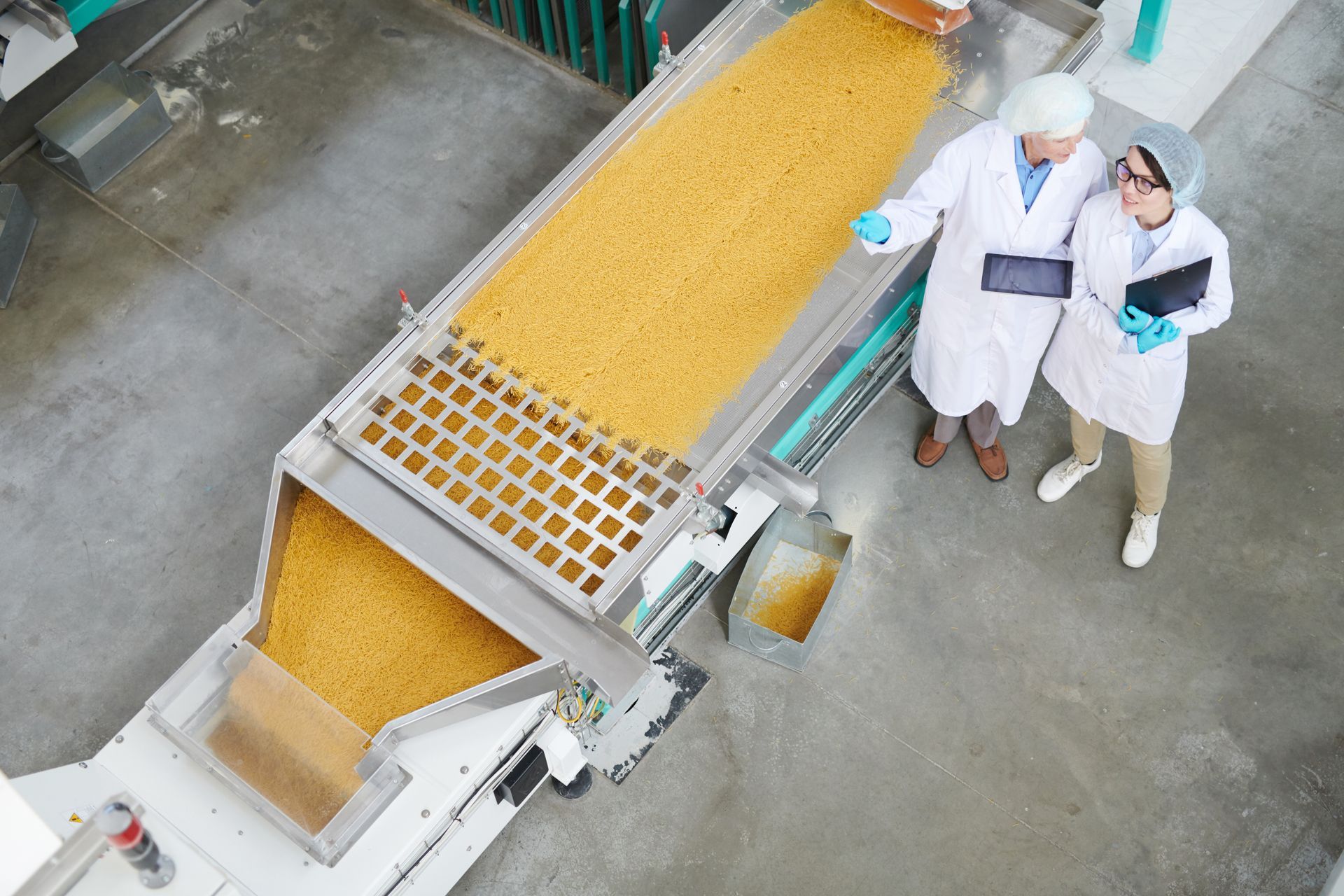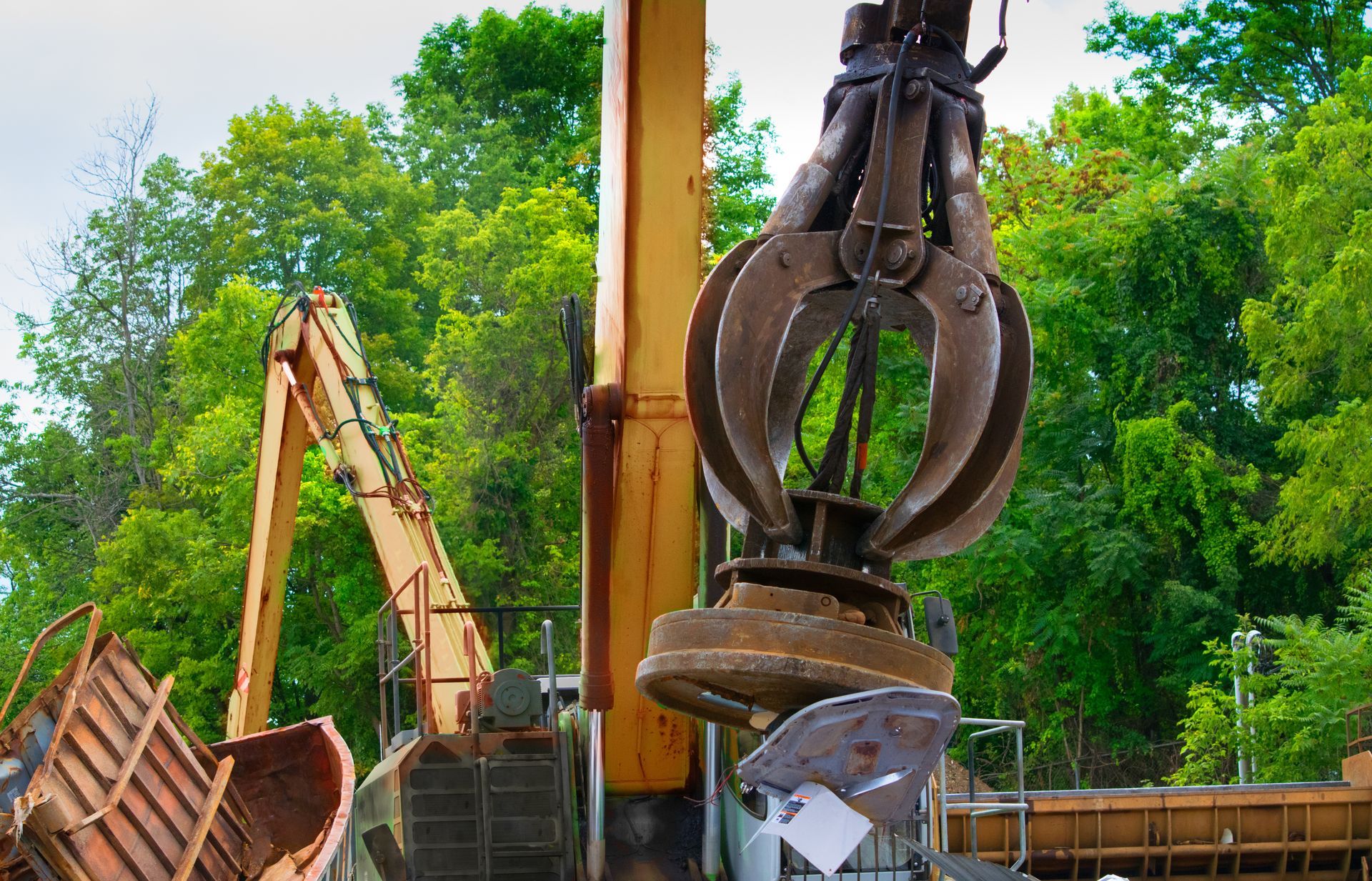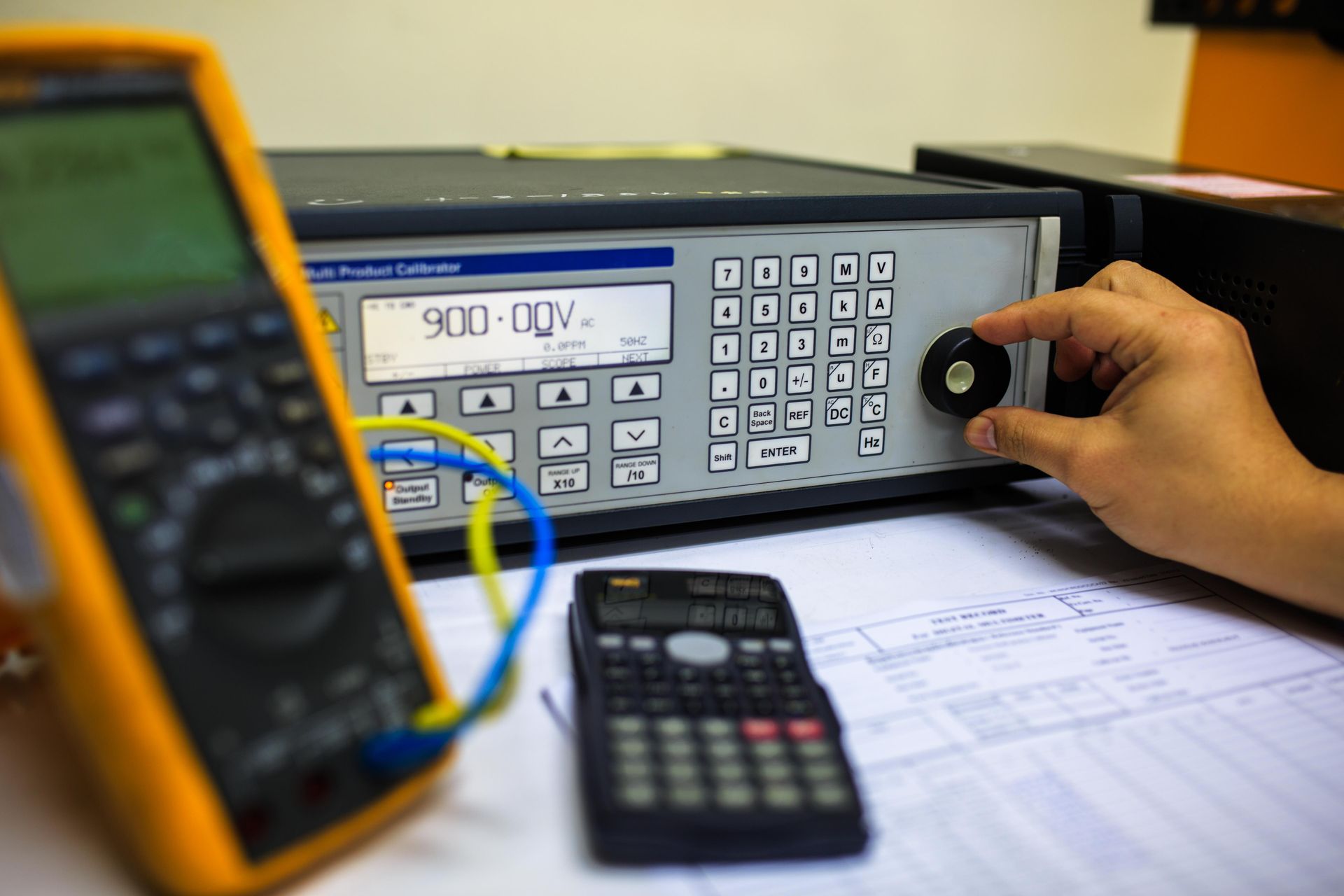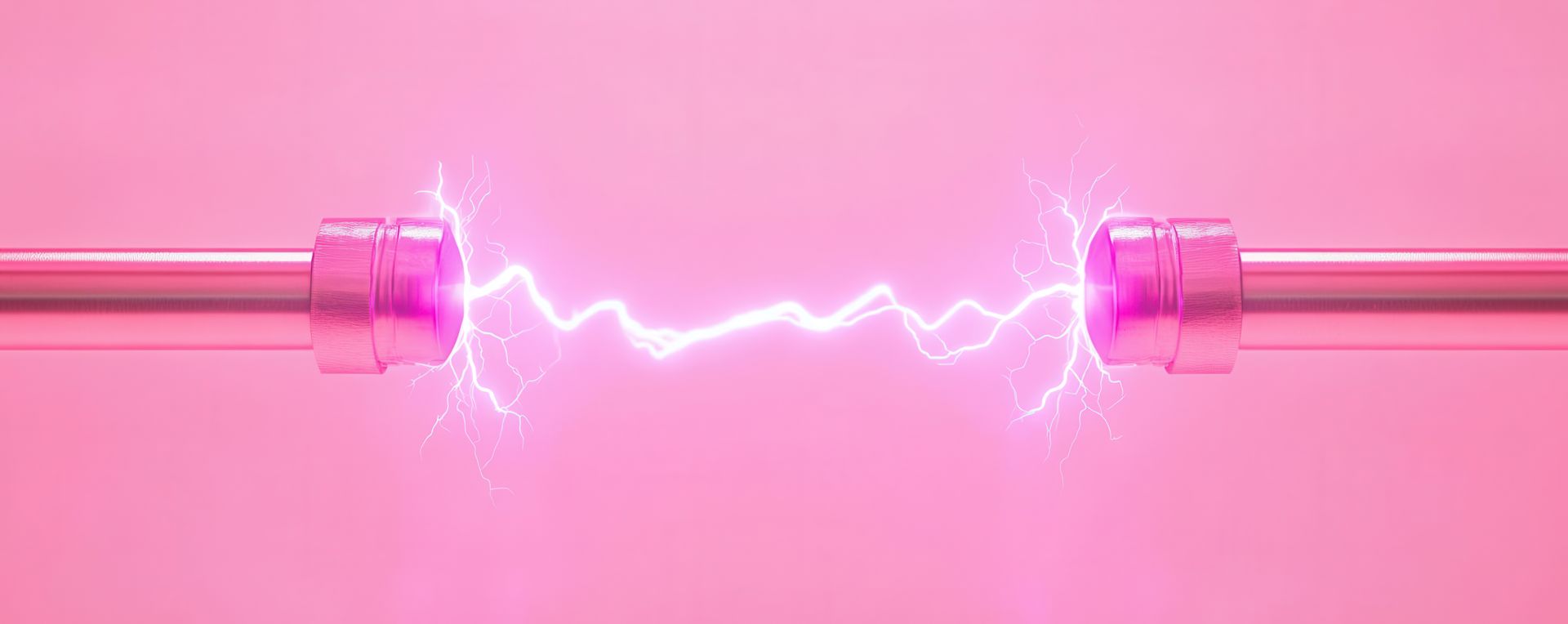Understanding The Role of Grate Magnets in Magnetic Separation
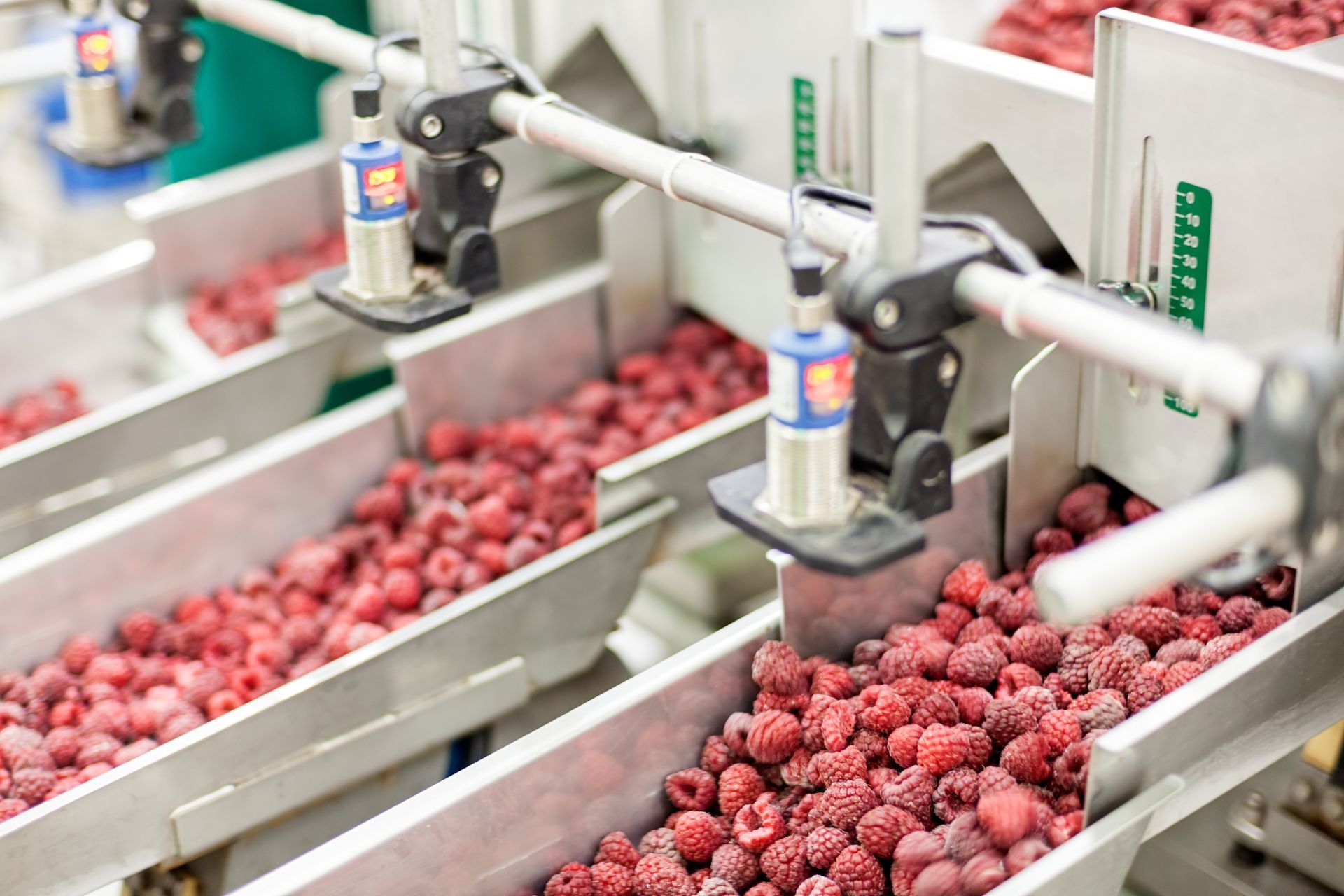
Many industries, like food, pharmaceutical, and chemical industries, employ magnetic separation as a part of their manufacturing process. While the process does play a critical role in avoiding costly metal contamination and ensuring maximum purity during manufacturing, it’s all thanks to magnet separators like grate magnets doing all the hard work.
Grate magnets play an important role in magnetic separation, extracting metal particles from powder and dry products. They are crucial equipment, as metal contamination could cost manufacturers a huge amount of money due to the damage it can cause to consumers and their brands.
If you’re interested in knowing more about the role grate magnets play in magnetic separation, read all about it in this article, shedding light on their crucial role in achieving efficient and precise magnetic separation in diverse industrial applications.
What are Grate Magnets
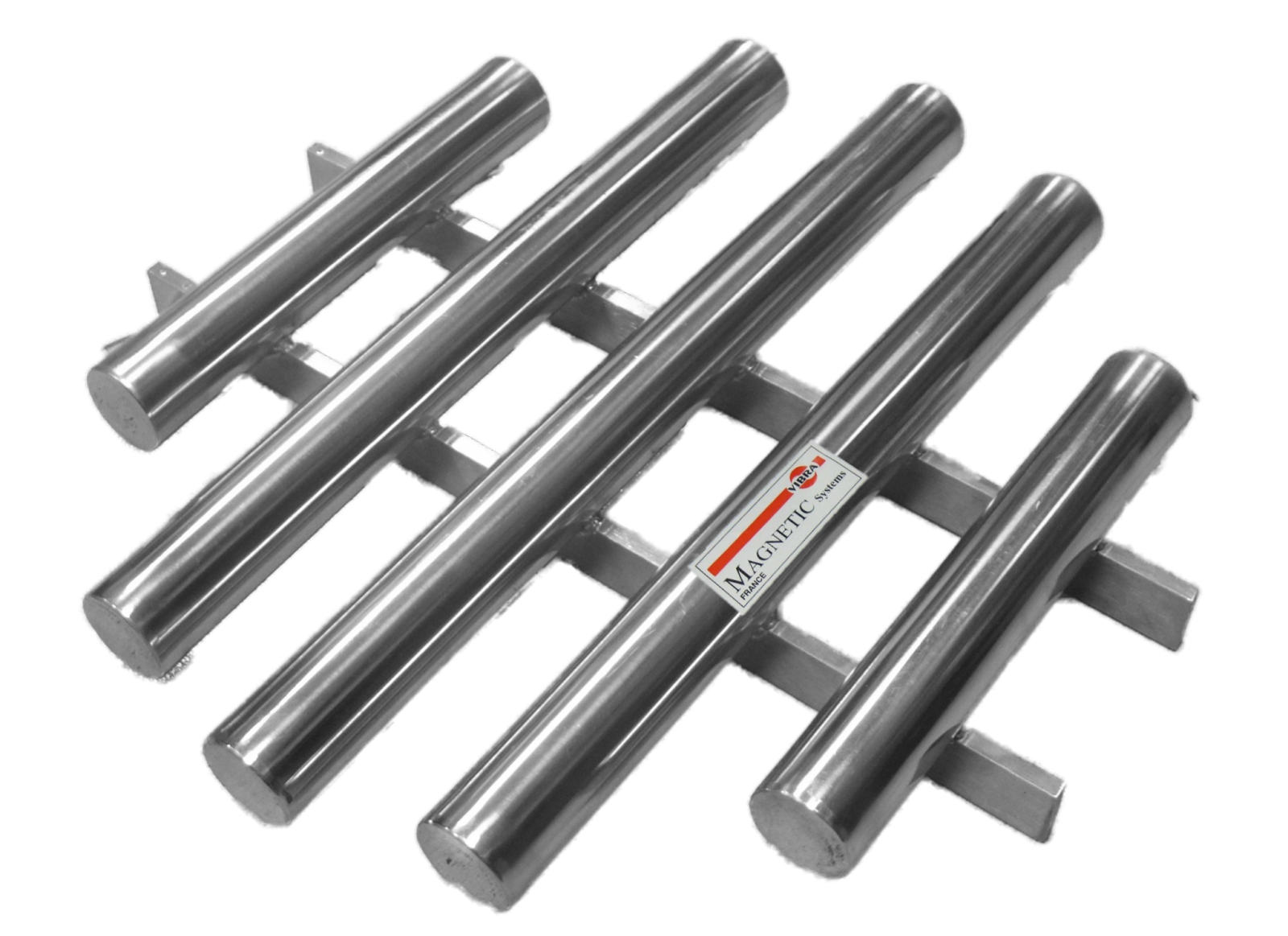
Grate magnets effectively remove ferrous metal and tramp iron from free-flowing materials like plastics, foods, cosmetics, grains, and minerals. Also known as hopper magnets or grill magnets, they provide protection against tramp metal contamination on the equipment during the magnetic separation process and the final product.
Metal contaminants come in various dorms, where very fine or weakly magnetic ferrous contaminants can be hard to extract. However, grate magnets are unlike any other magnetic separators as their design features a grid of magnetic stainless steel tubes that efficiently capture and remove ferrous contaminants, especially fine and weak ones.
Additionally, the magnetic tubes are fully welded in close proximity not only to ensure high magnetic field strength but also to allow rugged use. They are easy to clean and install and can be customised to fit manufacturers’ desired needs and requirements.
What is Magnetic Separation
Magnetic separation is a process that utilises magnets, like grate magnets, to separate and concentrate metal particles from free-flowing materials. Employed in various industries, this technique involves applying a magnetic field to the mixture, causing metal particles to be attracted and separated while non-metal particles remain unaffected.
The separated components can then be easily isolated, facilitating purification, material recovery, and the removal of impurities and contamination. Magnetic separation is crucial in sectors such as food processing, recycling, and mining for its efficiency in extracting valuable materials from complex mixtures.
Functionality of Grate Magnets in Magnetic Separation
Grate magnets do play an important role in magnetic separation processes as they efficiently extract ferrous contaminants from diverse free-flowing materials. But how do they actually work to separate magnetic materials from non-magnetic materials?
Read more to learn in further detail how grate magnets function in the magnetic separation process.
How grate magnets work in the magnetic separation process
Grate magnets are used as magnetic separators to remove ferrous particles and contaminants from materials like granules, grains, pellets, powders, paste, and other dry materials. It is important to employ this technique in the manufacturing process in various industries as it protects several key processes from potential harm and costly contamination in the final product.
The grate magnets are commonly rod-shaped, where metal contaminants are pushed to the underside of the rods, no longer in contact with the product that flows over them. Because of its construction, they are easily installed, cleaned, and maintained to have it operate efficiently for a long time.
The advantages of using grate magnets
The magnetic separation process is used in various industries, where grate magnets come into play to extract contaminants from the product flow efficiently. Here are the advantages of using grate magnets in the manufacturing process of magnetic separation:
- Effective Particle Capture: Designed with a grid of magnetic rods or bars, grate magnets provide a high-density magnetic field that enables efficient capture and retention of metal particles and contaminants.
- Customisable Configurations: Depending on the type of product manufactured, grate magnets can be customised in size, strength, materials, and shapes to suit the manufacturing process better.
- Ease of Cleaning and Maintenance: Many grate magnet systems feature quick-release mechanisms to allow convenient access to clean off the extracted metal particles, which minimises cleaning time and prevents buildup.
- Continuous Operation: Grate magnets can operate continuously in various processing systems without interrupting material flow, increasing production efficiency and ensuring consistent final product quality.
- Versatility Across Industries: The versatility of grate magnets allows them to be applied in various industries, including but not limited to food processing, pharmaceuticals, plastics, mining, recycling, ceramics, and glass processing.
Looking for the right grate magnets in Malaysia?
If you’re looking for grate magnets in Malaysia, Sematic Magnet has got you covered. We offer a wide range of high-quality magnets designed to meet various application needs, including customisation and services like magnet measuring and calibration.
Contact us today to learn more about what you need, and our experts will help you choose the ideal magnet solution for your problem. Trust us to provide quality products with our expertise to make your projects successful.



